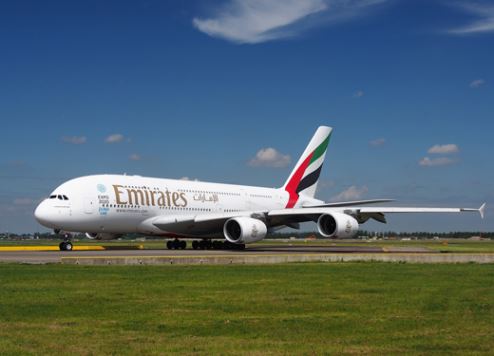Emirates and flydubai join forces to offer seamless travel experience

Emirates and flydubai have announced an extensive partnership agreement that will see the two Dubai-based airlines join forces to offer customers unmatched travel options.
Both airlines will continue to be managed independently, but will leverage each other’s network to scale up their operations and accelerate growth.
The innovative partnership goes beyond code-sharing and includes integrated network collaboration with coordinated scheduling.
The agreement will give flydubai customers seamless connectivity to Emirates’ worldwide destinations spanning six continents. Emirates’ customers will gain access to flydubai’s robust regional network.
The two airlines will also further develop their hub at Dubai International, aligning their systems and operations to ensure a seamless travel experience through the ultra-modern airport, which is currently the world’s busiest for international passengers.
HH Sheikh Ahmed bin Saeed Al Maktoum, chairman and chief executive of Emirates Group and chairman of flydubai, said: “This is an exciting and significant development for Emirates, flydubai, and Dubai aviation. Both airlines have grown independently and successfully over the years, and this new partnership will unlock the immense value that the complementary models of both companies can bring to consumers, each airline, and to Dubai.”
Emirates today has a wide-body fleet of 259 aircraft, flying to 157 destinations (including 16 cargo-only points). flydubai operates 58 New-Generation Boeing 737 aircraft to 95 destinations. The current combined network comprises 216 unique destinations.
The partnership will optimise the networks and schedules of both airlines to open up new city-pair connections, offering consumers greater choice.
By 2022, the combined network of Emirates and flydubai is expected to reach 240 destinations, served by a combined fleet of 380 aircraft.
The Emirates and flydubai teams are working together on a number of initiatives spanning commercial, network planning, airport operations, customer journey, and frequent flyer programmes alignment.
The partnership will be rolled out over the coming months, with the first enhanced code-sharing arrangements starting in the last quarter of 2017.



